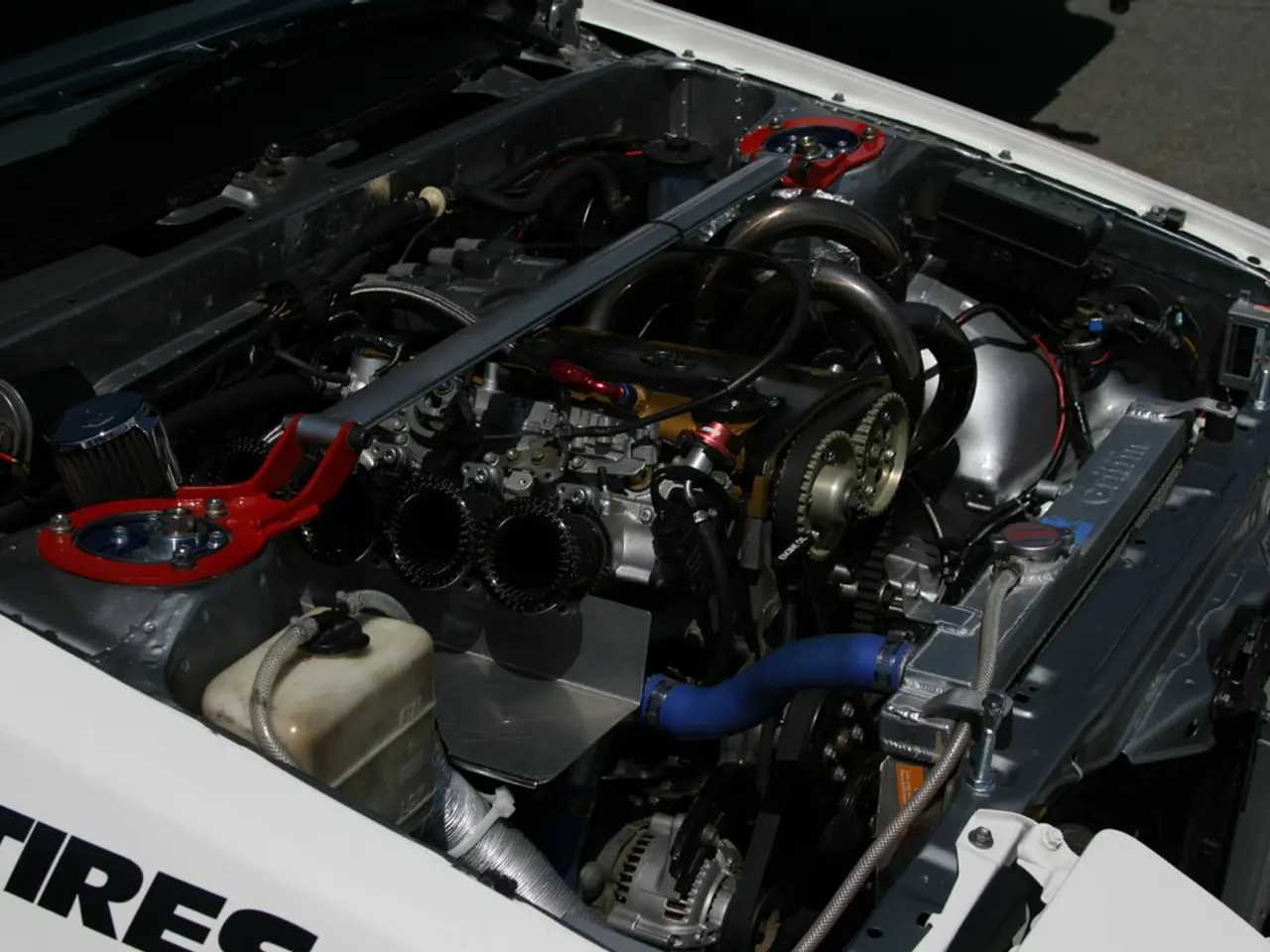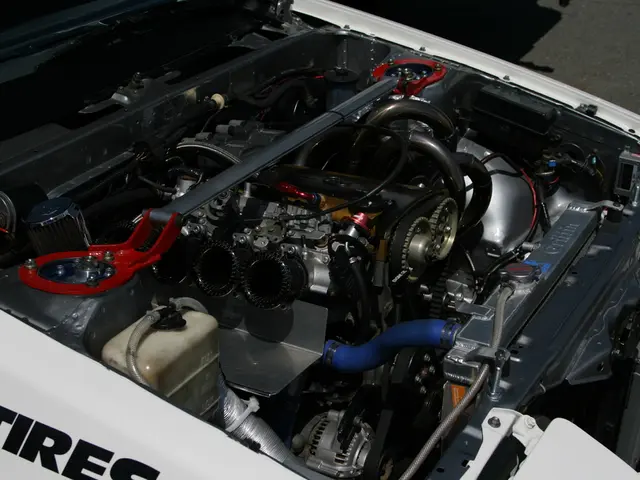Competing to achieve electric vehicle batteries surpassing 1000km driving range using solid-state technology
The automotive industry is gearing up for a significant shift, as major players such as BMW, Mercedes-Benz, Nissan, Toyota, Stellantis, and Honda invest in solid-state battery technology. This innovative technology promises a future of electric vehicles (EVs) capable of traveling over 1000km on a single charge, offering a choice between 'more range or fewer materials,' according to Stellantis senior vice president of tech research Anne Laliron.
The appeal of solid-state batteries lies in their potential to deliver smaller, lighter packs, thereby reducing cost and carbon footprint. Carmakers are eager to capitalize on this, with Mercedes-Benz experimenting with solid-state power in a retrofitted EQS, aiming for a battery with 25% more energy than current models, leading to lighter, more compact designs.
Toyota plans to introduce solid-state batteries in showrooms by 2027, while BMW is testing solid-state cells in a prototype i7 vehicle, with plans to use them in upcoming Neue Klasse models. Nissan aims to introduce solid-state batteries in showrooms by 2028, and Honda's solid-state battery technology will be used in its next-generation 0 Series EVs.
Despite the challenges that have thus far made mass production of solid-state batteries elusive due to technical and manufacturing hurdles, the big names in the automotive industry are not backing down. Stellantis plans to begin testing solid-state technology in 2026, partnering with Factorial Energy. BMW, Mercedes-Benz, Stellantis, Nissan, and Toyota expect to begin mass production of solid-state batteries for electric vehicles between 2025 and 2030.
China's BYD will begin solid-state battery production in 2027, with mass adoption expected by 2030. Mercedes battery boss Uwe Keller states that solid-state cells not only lead to longer vehicle ranges but also reduce overheating and have an impact on vehicle design.
As we move towards the 'true solid-state decade,' these advancements are set to revolutionize the EV landscape, offering consumers a more sustainable, cost-effective, and efficient driving experience. The charge is definitely on.







